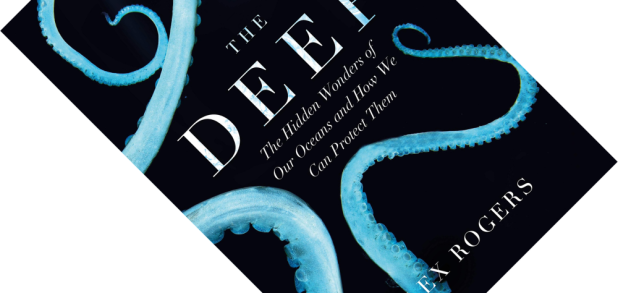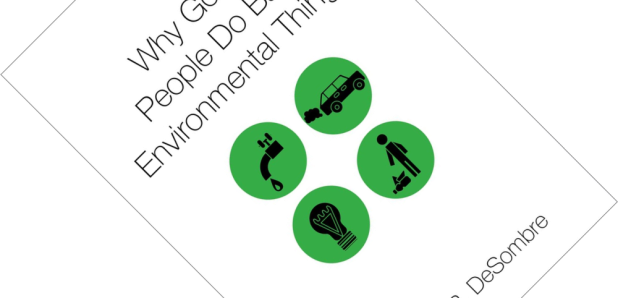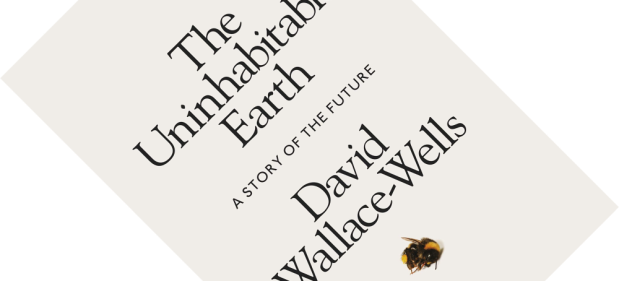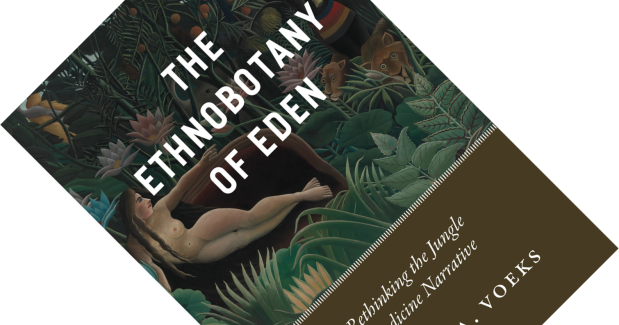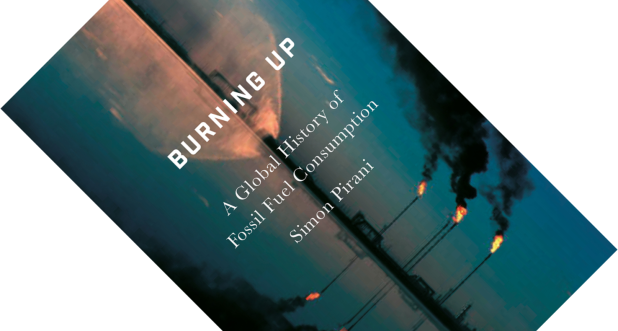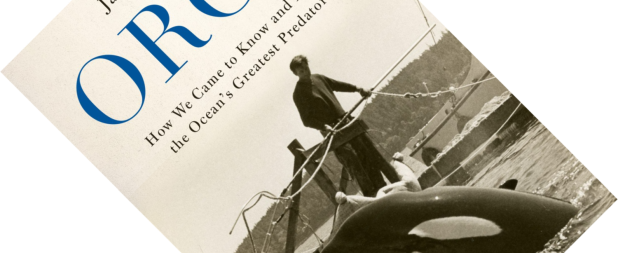6-minute read
Thomas Robert Malthus, a man so praised and vilified that his name has been immortalised in the noun “Malthusianism”. Many people will have heard of him in the context of overpopulation, but how many of you know the title of his famous book? Robert J. Mayhew is a Professor of Historical Geography and Intellectual History and with Malthus: The Life and Legacies of an Untimely Prophet he makes the case that Malthus’s book is a good example of the unread classic. Deeply researched, this is a scholarly book for the patient reader that charts Malthus’s life and, especially, his intellectual legacy. As Mayhew shows, Malthus remains as relevant as ever, though he continues to be misinterpreted in manifold ways.


